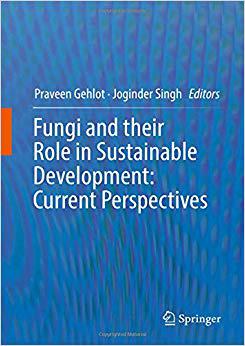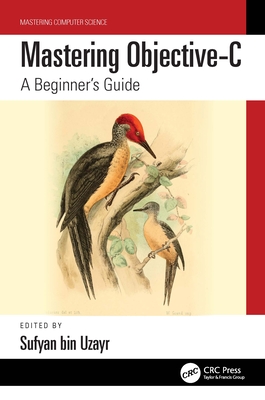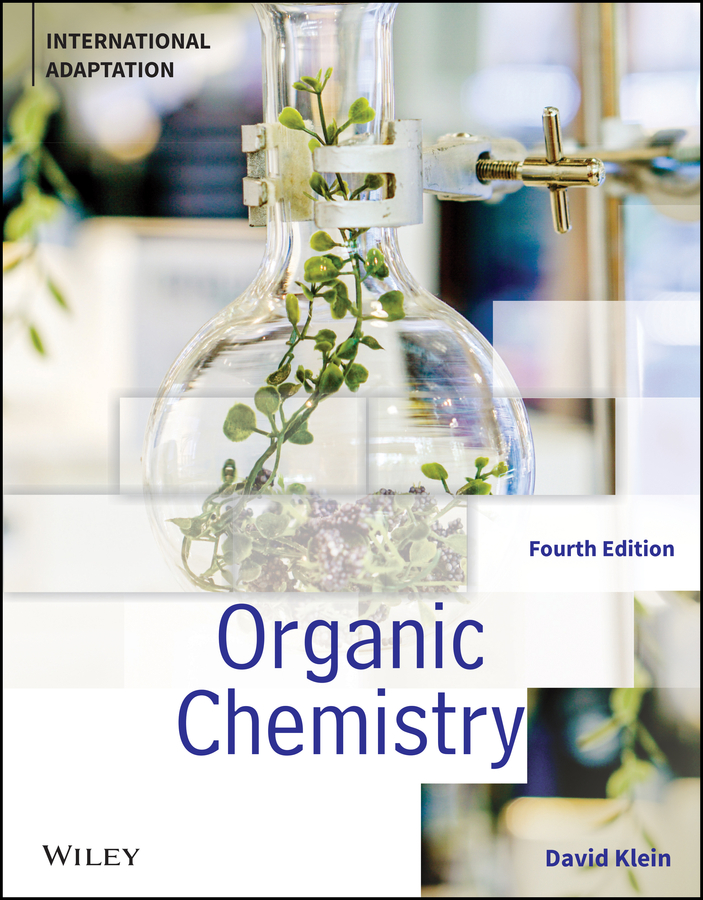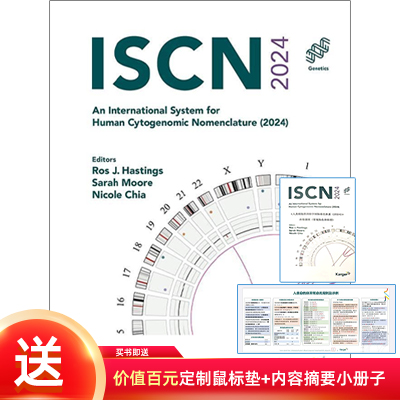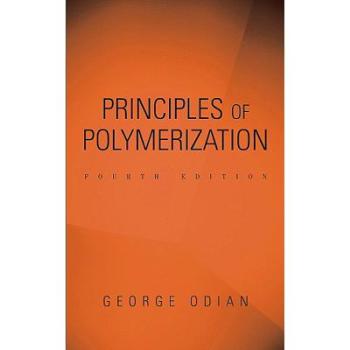图书简介
This book illustrates the multiple roles of fungi in everyday life. Fungi are the large group of organisms with tremendous diversity and economic importance. Their ability to produce commercially efficient useful products makes them the vulnerable sustainable tool for the future generation. This book describes a systems approach and provides a means to share the latest developments and advances about the benefits of fungi including their wide application, traditional uses, modern practices, along with designing of strategies to harness their potential. The chapters are organized with data, providing information related to different sustainable aspects of fungi in agriculture, its cultivation and conservation strategies, industrial and environmental utilization, advanced bioconversion technologies and modern biotechnological interventions. Updated information and current opinion related to its application for sustainable agriculture, environment, and industries as futuristic tools have been presented and discussed in different chapters. The book also elucidates a comprehensive yet a representative description of the challenges associated with the sustained application of fungi to achieve the goals of sustainability.
Part 1. Sustainable Cultivation and Conservation Strategies of Fungi.- Chapter 1. Cultivation, conservation and medicinal significance of macro-fungi.- Chapter 2. Fungi as biocontrol agent: an alternate to chemicals.- Chapter 3. Incredible Role of Fungi in various Fields for sustainable development.- Chapter 4. The biological promises of endophytic Muscodor species.- Chapter 5. Slime Moulds: The Tiny Charmers.- Chapter 6. Fungal Biotechnology: Role and Aspects.- Part 2. Sustainable Aspects of Fungi in Agriculture.- Chapter 7. Fungal Endophytes: Role in Sustainable Agriculture.- Chapter 8. Fungal endophytes and their secondary metabolites - Role in sustainable agriculture.- Chapter 9. Agricultural important microorganism- Sustainability from rhizosphere to bioformulation as weapon for biological control.- Chapter 10. Recruit the Plant Pathogen for Weed Management: Bioherbicide - A Sustainable Strategy.- Chapter 11. Mycopesticides: Fungal based pesticides for sustainable agriculture.- Chapter 12. Multifactorial role of Arbuscular Mycorrhizae in Agroecosystem.- Chapter 13. Strategic approaches for applications of entomopathogenic fungi to counter insecticide resistance in agriculturally important insect pests.- Chapter 14. Arbuscular Mycorrhizal Fungi as phosphate fertilizer for crop plants and their role in bioremediation of heavy metals.- Chapter 15. Fungal community in mitigating impacts of drought in plants.- Chapter 16. Role of Fungi as Biocontrol Agents for the Control of Plant Diseases in Sustainable Agriculture.- Chapter 17. Fungal disease management in chickpea: current status and future prospects.- Chapter 18. Recent approaches for late blight disease management of potato caused by Phytophthora infestans.- Part 3. Fungi for sustainable Industrial and Environmental Aspects.- Chapter 19. Recent advances and industrial applications of microbial xylanases: A review.- Chapter 20. Bio-Valorization of Dairy Whey for Bio-Ethanol by Stress Tolerance Yeast.- Chapter 21. Nutritional quality attributes of edible gasteroid wild mushroom Astraeus hygrometricus.- Chapter 22. Biotechnology of Fungal Lipases.- Chapter 23. Biopigments: Fungal Pigments.- Chapter 24. Bioethanol Production from Renewable Biomass by Yeast.- Chapter 25. Fungi Inhabiting in Hypersaline Conditions - An Insight.- Chapter 26. Carbon sequestration and the significance of soil fungi in the process.- Chapter 27. Fungal infections and Intervention in Diabetic complication.- Part 4. Bioconversion Technologies of Fungi.- Chapter 28. Arbuscular Mycorrhizal Fungi: Effects on secondary metabolite production in medicinal plants.- Chapter 29. Endophytic fungi: Carrier of potential antioxidants.- Chapter 30. Current perspectives of Endophytic fungi in Sustainable Development.- Chapter 31. Marine Fungi for Sustainable Development.- Chapter 32. Fungi-mediated biodeterioration of household materials, libraries, cultural heritage and its sustainable conservation.- Chapter 33. Co-cultivation strategies to induce de-novo synthesis of novel chemical scaffolds from cryptic secondary metabolite gene clusters.- Part 5. Modern Biotechnological Interventions on Fungi.- Chapter 34. Computational approaches to u
Trade Policy 买家须知
- 关于产品:
- ● 正版保障:本网站隶属于中国国际图书贸易集团公司,确保所有图书都是100%正版。
- ● 环保纸张:进口图书大多使用的都是环保轻型张,颜色偏黄,重量比较轻。
- ● 毛边版:即书翻页的地方,故意做成了参差不齐的样子,一般为精装版,更具收藏价值。
关于退换货:- 由于预订产品的特殊性,采购订单正式发订后,买方不得无故取消全部或部分产品的订购。
- 由于进口图书的特殊性,发生以下情况的,请直接拒收货物,由快递返回:
- ● 外包装破损/发错货/少发货/图书外观破损/图书配件不全(例如:光盘等)
并请在工作日通过电话400-008-1110联系我们。
- 签收后,如发生以下情况,请在签收后的5个工作日内联系客服办理退换货:
- ● 缺页/错页/错印/脱线
关于发货时间:- 一般情况下:
- ●【现货】 下单后48小时内由北京(库房)发出快递。
- ●【预订】【预售】下单后国外发货,到货时间预计5-8周左右,店铺默认中通快递,如需顺丰快递邮费到付。
- ● 需要开具发票的客户,发货时间可能在上述基础上再延后1-2个工作日(紧急发票需求,请联系010-68433105/3213);
- ● 如遇其他特殊原因,对发货时间有影响的,我们会第一时间在网站公告,敬请留意。
关于到货时间:- 由于进口图书入境入库后,都是委托第三方快递发货,所以我们只能保证在规定时间内发出,但无法为您保证确切的到货时间。
- ● 主要城市一般2-4天
- ● 偏远地区一般4-7天
关于接听咨询电话的时间:- 010-68433105/3213正常接听咨询电话的时间为:周一至周五上午8:30~下午5:00,周六、日及法定节假日休息,将无法接听来电,敬请谅解。
- 其它时间您也可以通过邮件联系我们:customer@readgo.cn,工作日会优先处理。
关于快递:- ● 已付款订单:主要由中通、宅急送负责派送,订单进度查询请拨打010-68433105/3213。
本书暂无推荐
本书暂无推荐
